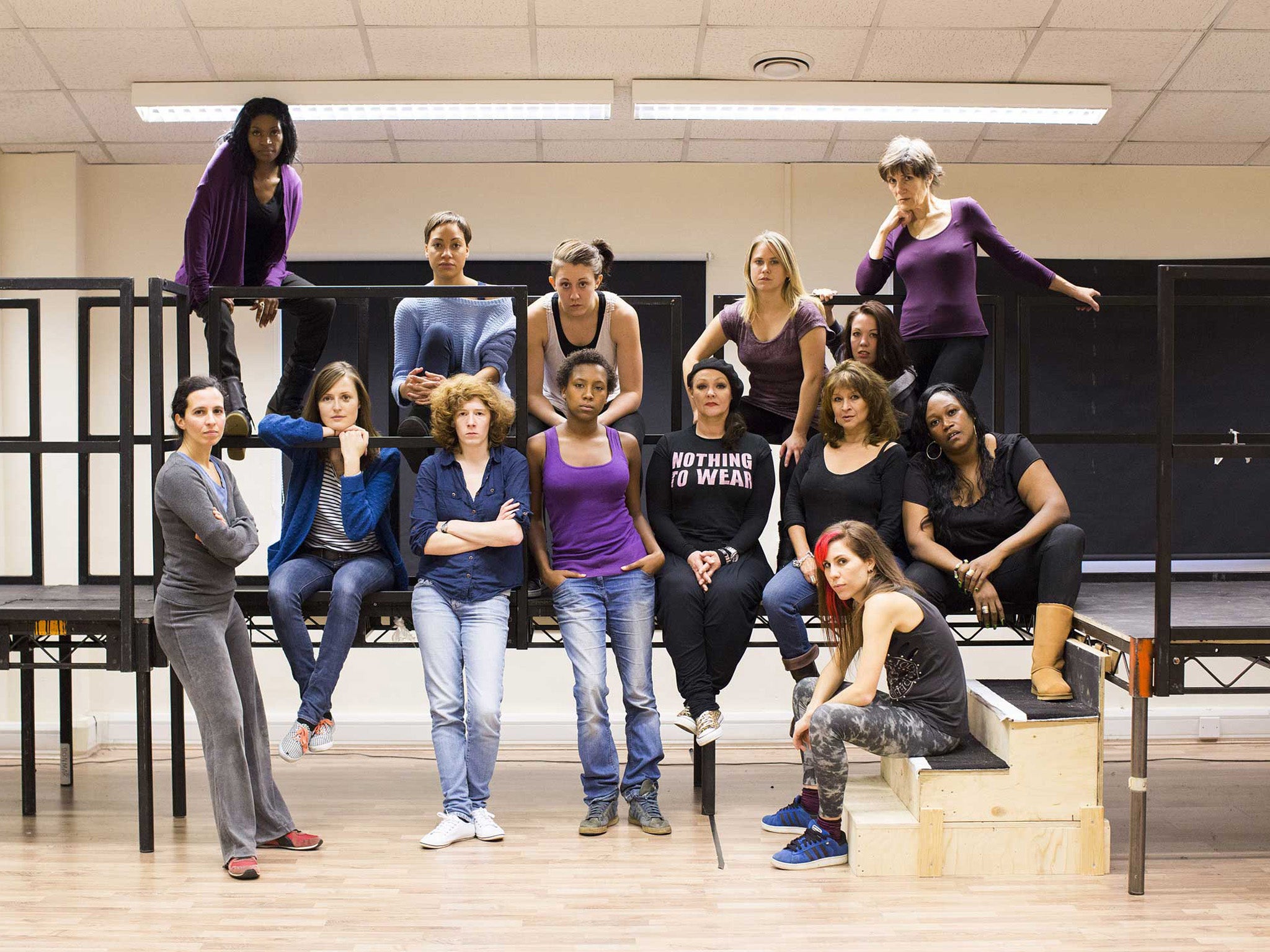One thing's for sure: the judges of this Booker rival won't be lost for words...
Plus; the case for gender-blind casting and a flashback to the young Alfred Molina

I occasionally joked, during my stint as a Booker Prize jury member, that the five people in Britain least well-equipped to judge the best novel of 2010 were me and my four fellow judges. The problem was we were just too busy reading. It was a joke, of course. My colleagues were diligent and demanding, our chairman (Andrew Motion) was exacting and, whatever people felt about our final choice, very few of them had undertaken quite such a comprehensive survey of the field. But it was the comprehensiveness that I was getting at. I've forgotten the exact number of titles we were expected to consider, but since you don't get even close to a full year to read the eligible entries, there were long periods when you had to despatch a book a day to even stand a chance of meeting the deadlines. And "despatch", with its overtones of the seal-clubber's bat, sometimes felt uncomfortably close to the truth. It was all too easy to become novel-blind, so that the pages rushed by in a blur and your sense of what was durable and distinctive in the prose became blunted.
So when I saw this week that Andrew Kidd's Literature Prize, an explicitly highbrow response to what he saw as the popularism of the 2011 Booker shortlists, had secured a sponsor for its £40,000 award, I confess I felt a little scepticism. It's not the basic principal that I doubt. The organisers have made it clear that "the sole criterion will be excellence", which nobody could really object to – although you might object that "excellence" is not a very precise filter through which to pass your initial inrush of hopeful texts. More troubling, though, was the suggestion that the only restriction on entries would be date. The first prize, reportedly to be awarded in March 2014, will be given to fiction published between January and December of 2013, with no restriction on genre or the writer's country of origin. It just has to be written in English and published in the UK. And that strikes me as the equivalent of heading for the most avalanche-prone valley in the Alps and letting off a stick of dynamite.
According to the prize's website, the five judges will be drawn "from a body of writers and critics immersed in the world of literature". And shortly afterwards drowned or suffocated, too, I would have thought, given that the protective barrier which holds American fiction at bay from Booker judges has been deliberately dismantled. "The prize's international scope, its openness to all forms of fiction, will I hope make for an exciting and surprising selection of books," said Andrew Kidd. Well, true. But it will also make for an absolutely vast initial entry. And since the website also has a line about "embracing all the opportunities of the digital age", it sounds ominously as if e-books will add to the cascade of entries.
If the entry fees are prohibitive that might cut down the numbers I guess. But if the entry fees are prohibitive, wouldn't that undermine the notion that excellence is the sole criterion? "Excellence plus the ability to pay a hefty administration fee" doesn't sound quite as good. And if it is genuinely open, how do you sift the initial entry to a manageable level for the jury? You'll need some judges to judge what it's worth the judges judging. And some judges to check that those judges haven't missed anything important. The truth is that the The Literary Prize's openness is squarely at odds with its intended mission. I don't doubt they can cast their net wide, or that they can fill it to bursting once it's in the water. But they're going to need superhuman judges to pull it back in the boat and find the best fish in there.
Unkind cuts from unfair critics
There were some startlingly reactionary responses to Phyllida Lloyd's all-woman production of Julius Caesar (above). But even if you had doubts about the production conceit (it overlaps Shakespeare's play with the power structures in a women's prison), I thought it made an unanswerable argument that we're overdue for more gender-blind casting. When women are generals and senior civil servants in the real world and when Shakespeare productions freely recast themselves in contemporary settings, there's simply no good reason why women can't be generals or royal advisers in Othello or King Lear.
Flashback to the young Molina
I don't know what writers of television biopics would do without the flashback; it now being a staple of the form that we begin in old age (or at an apogee) before being thrown back to when the story began. These always represent a challenge for the producer, though, who will generally find a casting problem multiplied unless they go for heavy prosthetics. Acting can help though. In Victoria Wood's drama Loving Miss Hatto - one of the BBC's Christmas treats - there's no problem casting Hatto's elderly husband (since hardly anybody knows what he looks like). But would you buy Rory Kinnear as a young Alfred Molina? Not sure I would have, until I detected a distinct Molina-ish twang to his delivery. It's very clever.
Join our commenting forum
Join thought-provoking conversations, follow other Independent readers and see their replies
Comments